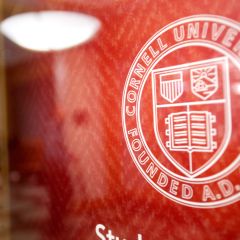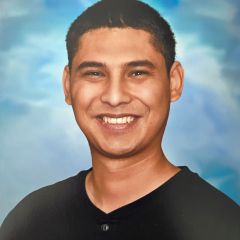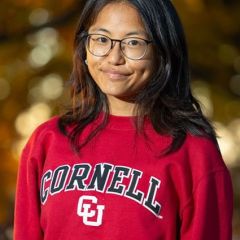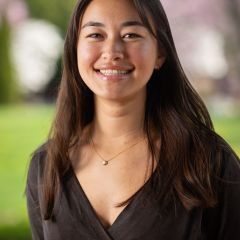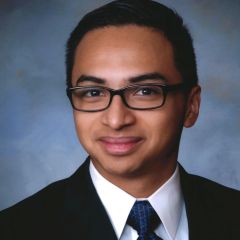Institute for African Development
Research at Risk: Cultural and Language Fluency
SEAP and SAP lose funding, seek solutions
The federal government has announced the end of National Resource Center and FLAS funding, which have supported area studies training for decades.
Additional Information
Faculty Research Seed Grants: Global Hubs Info Session
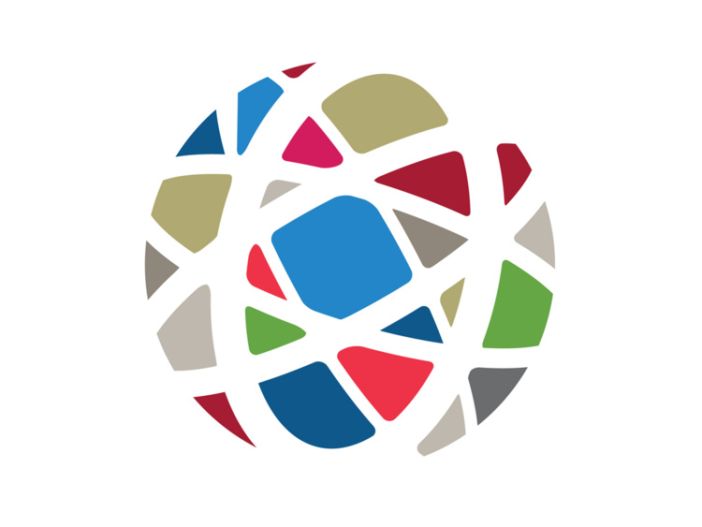
October 1, 2025
12:00 pm
Join this info session to learn about 2026 Global Hubs Faculty Research Seed Grants offered by Global Cornell as part of our Global Hubs initiative. Info session attendees will learn about the grant opportunity and application tips through a short presentation and Q&A.
Through these seed grants, Cornell faculty from across the university are invited to apply for research funds to work with collaborators at Hubs partner institutions. Funded projects should lead to tangible outcomes, including the submission of at least one co-authored peer-reviewed publication and at least one application for external grant funding.
Up to 20 applications for research with a Global Hubs collaborator will be funded.
Successful proposals will receive up to $5,000 from Cornell, with the potential for matching funds from some Global Hubs partner universities.
Application deadline: October 15, 2025, 4:00 p.m. ET
Project duration: January 1–December 31, 2026
Virtual information sessions:
September 18, 2025, 12:00–1:00 p.m. ET (register)
October 1, 2025, 12:00–1:00 p.m. ET (register)
Learn more and apply for a Global Hubs joint seed grant.
Additional Information
Program
Einaudi Center for International Studies
Latin American and Caribbean Studies
Reppy Institute for Peace and Conflict Studies
East Asia Program
Southeast Asia Program
Institute for African Development
Institute for European Studies
South Asia Program
Migrations Program
Southwest Asia and North Africa Program
Faculty Research Seed Grants: Global Hubs Info Session
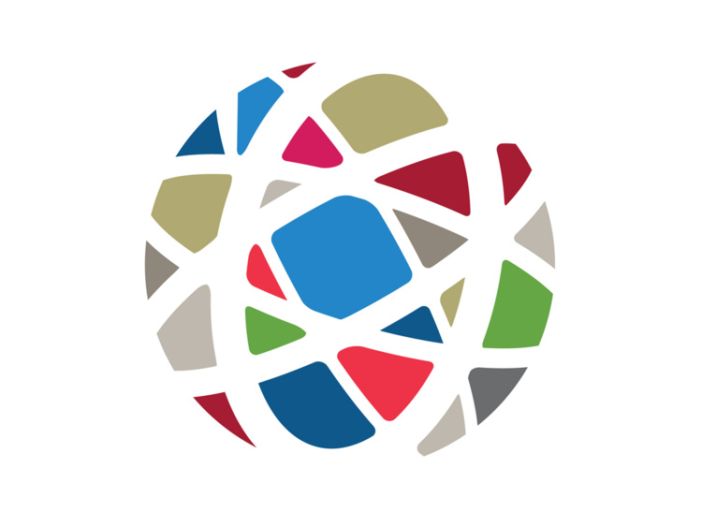
September 18, 2025
12:00 pm
Join this info session to learn about 2026 Global Hubs Faculty Research Seed Grants offered by Global Cornell as part of our Global Hubs initiative. Info session attendees will learn about the grant opportunity and application tips through a short presentation and Q&A.
Through these seed grants, Cornell faculty from across the university are invited to apply for research funds to work with collaborators at Hubs partner institutions. Funded projects should lead to tangible outcomes, including the submission of at least one co-authored peer-reviewed publication and at least one application for external grant funding.
Up to 20 applications for research with a Global Hubs collaborator will be funded.
Successful proposals will receive up to $5,000 from Cornell, with the potential for matching funds from some Global Hubs partner universities.
Application deadline: October 15, 2025, 4:00 p.m. ET
Project duration: January 1–December 31, 2026
Virtual information sessions:
September 18, 2025, 12:00–1:00 p.m. ET (register)
October 1, 2025, 12:00–1:00 p.m. ET (register)
Learn more and apply for a Global Hubs joint seed grant.
Additional Information
Program
Einaudi Center for International Studies
Latin American and Caribbean Studies
Reppy Institute for Peace and Conflict Studies
East Asia Program
Southeast Asia Program
Institute for African Development
Institute for European Studies
South Asia Program
Migrations Program
Southwest Asia and North Africa Program
18 Cornellians Receive Fulbright Awards
With Support from Einaudi
They will conduct research, study, and teach English in Canada, France, Honduras, India, Jamaica, the Netherlands, Norway, and Taiwan.
Most will be on site by October.
The Fulbright program is the U.S. government's flagship international educational exchange program. The Einaudi Center administers the Fulbright program at Cornell, providing all the resources students and alumni need to apply for Fulbright funding for international experiences.
Cornell consistently ranks as a “top producer” among universities with the highest number of candidates selected for the Fulbright U.S. Student Program. With this year's Fulbrighters, we are celebrating over 600 awards since the 1940s!
We're excited to congratulate conservationist Kyrin Pollock, one of this year's five Fulbright–National Geographic Award recipients—and the first Cornellian ever to receive the prestigious award. Kyrin will spend the year working with the Olokhaktomiut Hunters and Trappers Committee in Ulukhaktok, Canada, to document how industrial noise is transforming Arctic waters. Watch for more news about her journey from National Geographic and Einaudi.
The next cycle of Fulbright U.S. Student Program is open now. The Einaudi Center encourages Cornell undergraduate students, graduate students, and recent alumni to explore the opportunity and apply.
Meet the Fulbrighters
Alexis Anderson '23
Honduras
Research: Impacts of Coastal Pollution on Stony Coral Tissue Loss Disease in Roatán, Honduras
“Improving the knowledge base on how SCTLD spreads is critical to help stop further global expansion of the disease.”
Erin Connolly '22
Norway
Research: Phorid Fly Biodiversity Across the Latitudinal Gradient of Norway
“Early months of my work in Trondheim will be based in the laboratory …, while the later months of the award will be dedicated to … a diurnal sampling scheme fieldwork project.”
Isabella Culotta '22
Netherlands
Master of Design: Probing Our Perceptions of Waste at the Design Academy of Eindhoven
“Our aversion to speaking and even thinking about our waste constrains our discovery and implementation of innovative waste management systems.”
Gabriel Godines '23
Taiwan
English Teaching Assistant
“My experience in the U.S. Navy sparked my interest in East Asia, particularly in fostering understanding between the U.S. and China.”
Tenzin Kunsang '25
India
Research: Reconceptualizing Education in Exile: Transnationalism in the Tibetan Children's Village
“These findings will help … to promote domestic language and cultural preservation among Tibetan-American students amid the politicization of schools in Tibet.”
Michelle Lee '25
France
English Teaching Assistant
“Due to the COVID-19 pandemic in 2020, I missed an opportunity to study abroad in France. This setback has motivated me to regain the chance to experience the country firsthand.”
Tiffany Liu '22
Taiwan
English Teaching Assistant
“I … hope to observe the various technological initiatives currently pioneered by the Ministry of Education in Taiwan, including the movement to integrate AI.”
Kyrin Pollock, MEng '19
Fulbright–National Geographic Award Recipient (Canada)
Research: Arctic Echoes: Exploring Inuvialuit Knowledge and Marine Soundscapes in Conservation
“My work will address a gap in Arctic marine bioacoustics research … with documentation of Indigenous knowledge and an audio sample of the changing Arctic Ocean soundscape.”
Caitlyn Sams '25
Jamaica
Research: Herbal Medicine in Oncology: Safety of Psilocybin and Cancer Therapy Co-Medication
“This project will … spark conversations about herbal medicine use and promote avenues for holistic cancer care.”
Miguel Soto Tapia '20
Taiwan
English Teaching Assistant
“I want to undertake an English teaching assistantship in Taiwan because I love language, teaching, and mentoring.”
Apply for Fulbright
The Einaudi Center supports you throughout the entire process of applying. The Fulbright U.S. Student Program is open to undergraduate students, graduate students, and recent Cornell alumni.
Additional Information
Jarra Jagne
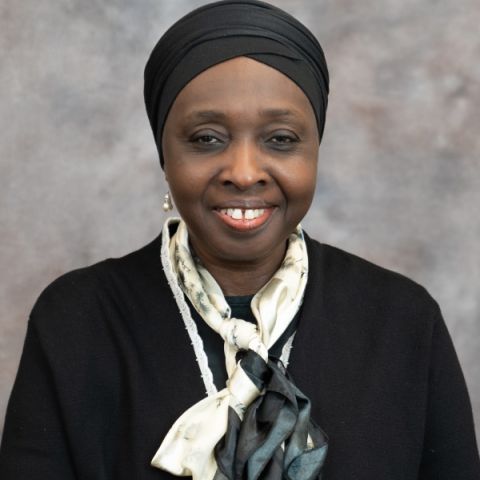
Professor of Practice
Jarra Jagne is a professor of practice in common diseases of poultry, including avian influenza (AI), Newcastle disease virus (NDV), Mycoplasma gallisepticum (MG), infectious bronchitis (IBV) and infectious bursal disease (IBD( and epidemiology and pathology of poultry diseases in the tropics
Additional Information
Sophie Oldfield
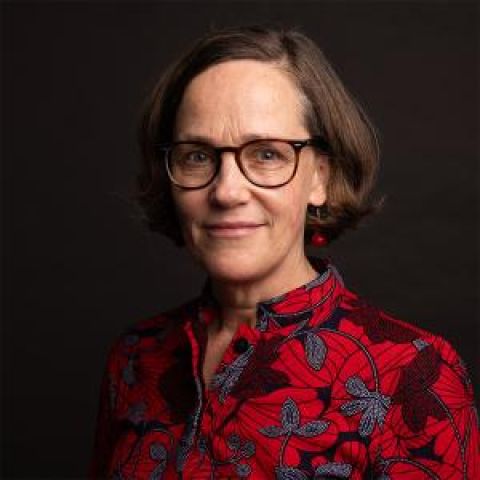
Chair of the Department of City and Regional Planning, Professor
Sophie Oldfield is internationally recognized for her research on cities in the Global South through her theoretical and primary research. From 2016 to 2021, she held the University of Cape Town and the University of Basel Professorship in urban studies.
Additional Information
Rachel Sandwell
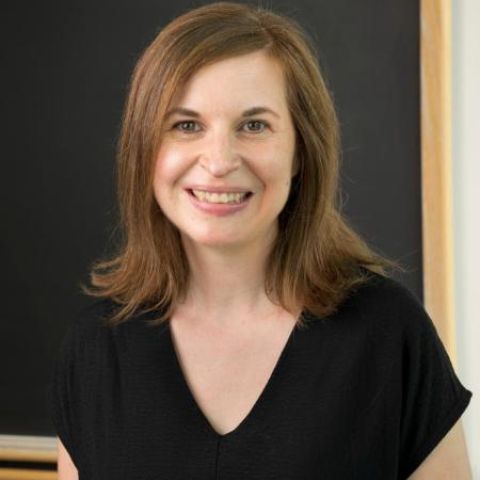
Assistant Professor, Department of History
Rachel Sandwell is an historian of modern Africa and transnational solidarity movements, with a focus on late decolonization, national liberation movements, and international support for national liberation movements.
Additional Information
Wunpini Fatimata Mohammed
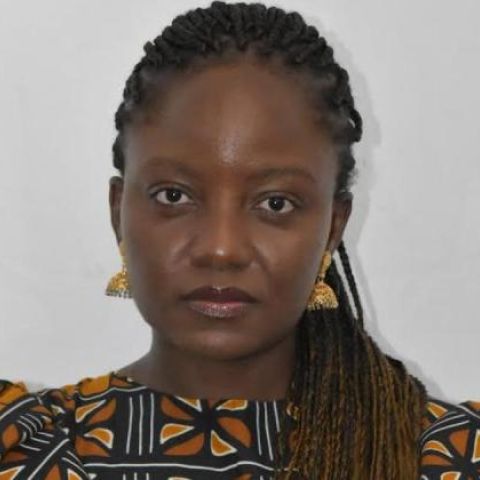
Assistant Professor, Department of Communication
Wunpini Fatimata Mohammed (pronouns: she/her) is an assistant professor in the Department of Communication at Cornell University. She is the author of Media, Culture, and Decolonization: Re-righting the Subaltern Histories of Ghana (Rutgers University Press, 2025). She is also co-editor of the book, African Women in Digital Spaces: Redefining Social Movements on the Continent and in the Diaspora (2023).
Additional Information
Information Session: Global Research Fellows

September 11, 2025
4:30 pm
Uris Hall, G08
Global Research Fellows are a new interdisciplinary research and professional development community at the Einaudi Center for advanced graduate students, Cornell postdocs, and visiting and local scholars. You'll find a community of fellow researchers with regional and international interests and a desire to foster a more equitable world.
Eligible students:
• Have completed at least two years of graduate education
• Engaged in research on a topic of global or regional studies significance
• Hold a strong desire to impact global challenges and create real-world solutions
• Interested in engaging and collaborating with other researchers
Can’t attend? Contact programs@einaudi.cornell.edu.
***
The Mario Einaudi Center for International Studies hosts info sessions for graduate and for undergraduate students to learn more about funding opportunities, international travel, research, and internships. View the full calendar of fall semester sessions.
Additional Information
Program
Einaudi Center for International Studies
Reppy Institute for Peace and Conflict Studies
East Asia Program
Southeast Asia Program
Latin American and Caribbean Studies
Institute for African Development
Institute for European Studies
South Asia Program
Migrations Program
Southwest Asia and North Africa Program
IAD Colloquium Series: Traveling Further Together: Social Mobility and Class in Urban Africa
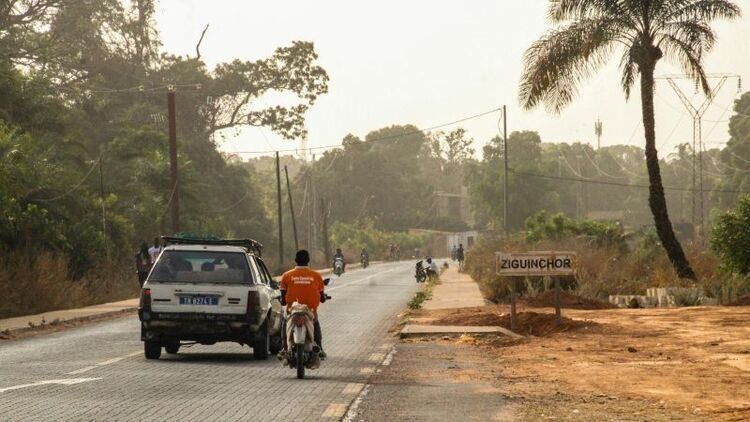
November 5, 2025
3:00 pm
Mann Library, 160
Join us for an interactive discussion on the importance of social mobility and class - along with its interactions with gender, religion, ethnicity, and migrant status - in understanding inequality across a number of contemporary African urban environments. The event will begin with brief presentations by Ryan Calder (Associate Professor of Sociology and Director of the Program in Islamic Studies at Johns Hopkins University) and Ifetayo Flannery (Assistant Professor of Africology and African American Studies at Temple University) which will be directly followed by reactions and comments/questions from discussants Elmond Bandauko (Assistant Professor of human Geography, Department of Earth and Atmospheric Sciences, University of Alberta) and Hassan Yakubu (PhD Student in City and Regional Planning, AAP) to spur dialogue between presenters and audience members. Additional questions and comments from the audience are appreciated and most welcomed.
Speakers:
Ryan Calder, Associate Professor of Sociology and Director of the Program in Islamic Studies, Johns Hopkins University
Ifetayo Flannery, Assistant Professor, Africology and African American Studies, Temple University
Tristan Ivory, Assistant Professor, Global Labor and Work, School of Industrial and Labor Relations, Cornell
Discussants:
Elmond Bandauko, Assistant Professor of Human Geography, Department of Earth and Atmospheric Sciences, University of Alberta.
Hassan Yakubu architect, spatial planner, and Ph.D. student, Sage Fellow, and Graduate School Dean Scholar in the College of Architecture, Art & Planning, Cornell
Register
Additional Information
Program
Einaudi Center for International Studies
Institute for African Development
Migrations Program



